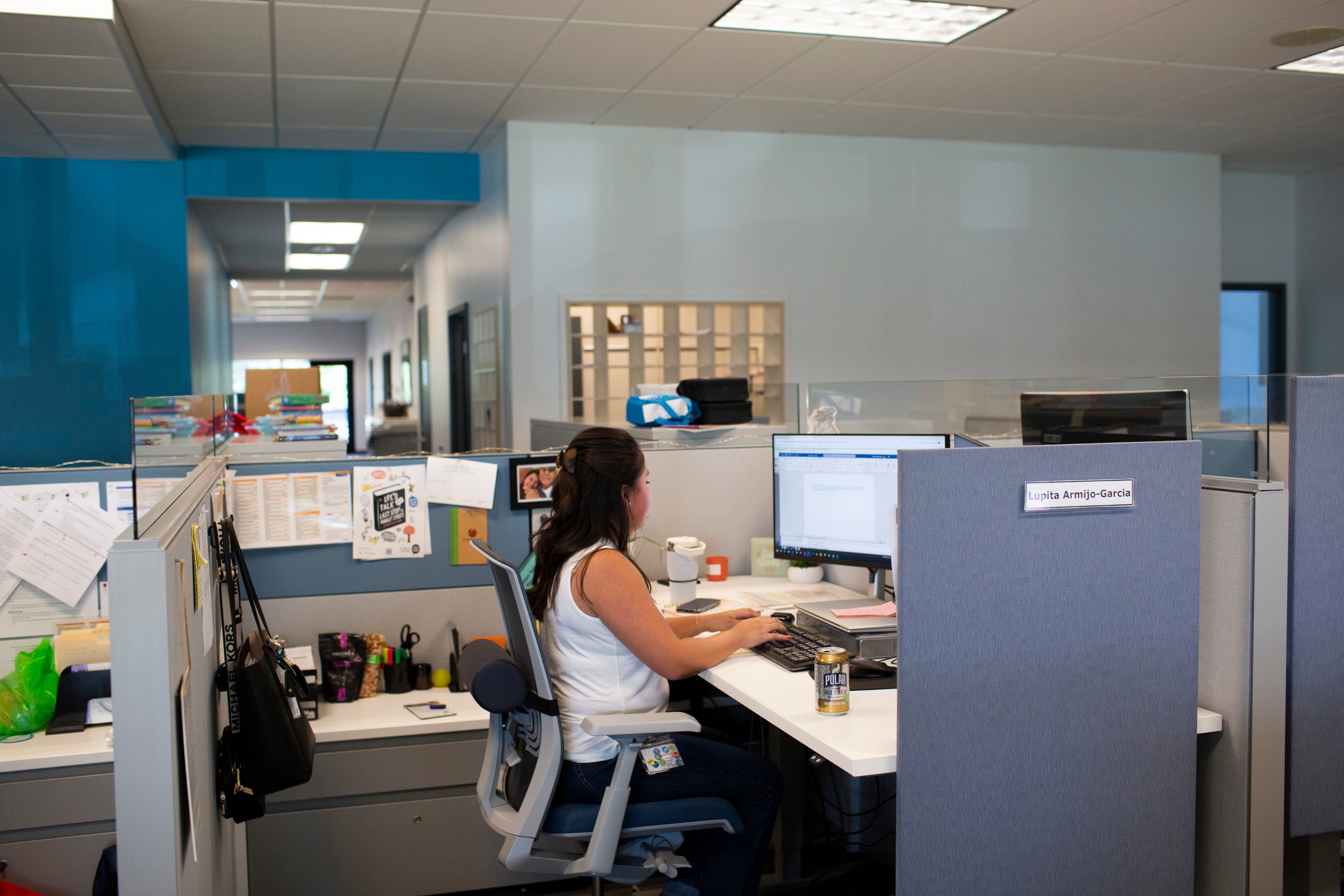A 'soft landing' or a recession? How each one might affect America's households and businesses
The solid hiring revealed in Friday’s jobs report for November, along with a raft of other recent economic data, is boosting hopes that the U.S. economy will achieve a “soft landing” next year rather than a widely feared recession

The solid hiring revealed in Friday's jobs report for November, along with a raft of other recent economic data, is boosting hopes that the U.S. economy will achieve a “soft landing” next year rather than a widely feared recession.
A so-called soft landing would occur if the economy slowed enough to bring inflation down to the Federal Reserve's 2% target, without tumbling into a deep recession.
It's a tricky task. The Fed has sharply raised its key interest rate to try to moderate borrowing and spending and tame inflation. The risk is that the Fed would miscalculate and keep its benchmark rate — which affects many consumer and business loans — too high for too long and end up causing a recession.
In the past, the Fed's policymakers have often sought to engineer soft landings after a spurt of economic growth ignited inflation or threatened to do so. Most frequently, the Fed has failed.
What would a soft landing look like, compared with a potential recession?
JOBS
In a soft landing, employers would likely keep hiring, even at a more moderate pace. Job growth could weaken as the Fed's high rates weigh on the economy. Many analysts envision growth weakening to about 1% next year from a pace of about 2.4% this year.
In some months, hiring could fall below the number that is needed just to keep up with population growth, which is about 100,000. The unemployment rate would likely rise from its current level of 3.7%, near a half-century low. The Fed expects the jobless rate to reach 4.1% by the end of 2024, even without a recession.
Yet in a recession, the scenario is much worse. Employers typically cut millions of jobs. Even in a mild downturn, like the one that occurred in 2001, the unemployment rate topped 6%.
INFLATION
In a soft landing, price increases should gradually ease to a yearly pace of about 2%. That doesn't mean the costs of everyday necessities would actually drop; groceries are about 25% pricier than they were before the pandemic. But over time, wages should continue to rise enough to boost Americans' purchasing power.
In a recession, by contrast, inflation would almost certainly fall faster. That's because spending would decline and companies would be forced to hold prices down in the face of falling demand. In the 1970s, though, even recessions weren't enough to defeat inflation, leading to the phenomenon known as “stagflation.” Fortunately, few economists expect that to return next year.
INTEREST RATES
As inflation edges closer to 2%, the Fed will likely cut its key rate next year. That should bring down the costs of a mortgage, auto loan or business loan. Still, in a soft landing, borrowing costs would likely stay higher than in a recession. That's because in a recession, the Fed would likely cut its key rate even further.
A big question for the future of the economy is whether interest rates will drop back to their ultra-low pre-pandemic levels, when the average 30-year mortgage rate occasionally fell as low as 3%. Some economists think an aging population, slower growth and global demand for Treasury bonds and notes will keep interest rates low.
Other economists argue that high U.S. government budget deficits, a retreat from globalization and potentially faster growth will keep rates higher than they were before the pandemic.
CORPORATE PROFITS
Profits at companies in the S&P 500 rose 5% in the third quarter, after three straight quarters of declines. The consensus among analysts surveyed by the data research company FactSet is that profits should continue growing in 2024 thanks to a resilient economy and could possibly hit an annual record.
In a recession, however, profits — and stock prices — typically fall. Analysts at JPMorgan say “a U.S. recession next year remains a live risk,” and that a potential drop in consumer demand, along with the inability of companies to keep raising prices, could lead to a deterioration in corporate earnings.
___
AP Business Writer Stan Choe in New York contributed to this report.
Bookmark popover
Removed from bookmarks